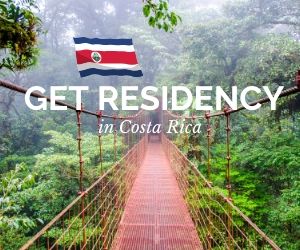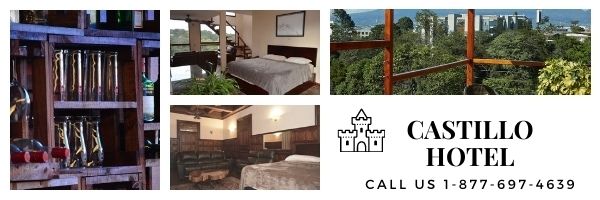OIJ Director Francisco Dall'Anese's Acted Properly
The A.M. Costa Rica staff in their Nov. 29 editorial titled, "An analysis of the news Crime-solving monopoly lacking in controls" overstated their justification for the existence of separate police powers for Paul Cháves’ Dirección de Investigaciones Especializadas of the Ministerio de Gobernación, PolicÃa y Seguridad Pública. The tenor of the editorial suggested this small group of investigators was more effective than the Ministerio Público and the Judicial Investigating Organization (OIJ), which to the contrary according to OIJ Director Francisco Dall'Anese’s ruling last week was an extra-legal police agency.
According to the 2004 Global Corruption Report from Transparency International Costa Rica ranks 41st of 146 countries (50th in 2003) they compared in determining the least corrupt among them. Although the U.S. ranked 17th that was behind the leaders, which included Iceland and Finland. Maybe A.M. Costa Rica should have compared the Costa Rican system to them or other regional systems such as Chile (21) and Barbados (24). Positive highlights of the report about Costa Rica included the 2004 legislative approval of the Law against Corruption and Illegal Enrichment in Public Office and 2004 Supreme Court revocation of provisions for "special courts for the mismanagement of public resources and tax crimes" considering the limited resources of the court system such investigation was considered best coordinated under a streamlined authority.
The AM Costa Rica staff’s support for the Dirección de Investigaciones Especializadas of the Ministerio de Gobernación, PolicÃa y Seguridad Pública was based on a flimsy comparison to the complex layers of law enforcement agencies in the U.S., which failed to acknowledge recent consolidation of numerous U.S. agencies under the Department of Homeland Defense. As important to consider in making such governmental comparisons is recognition of the differing form of governance in the U.S. among local, state and federal authorities and their policing powers as compared to Costa Rica, which is much smaller in landmass and population. And limited financial resources necessary to complete public projects is a reoccurring theme found in the stories of A.M. Costa Rica. According to Transparency International Costa Rican authorities are appropriately dealing with some of these issues exemplified by the 2002 legislative appointment of such road construction oversight bodies as the National Laboratory of Structural Materials and Models (LANAMME). Sure there are continued problems with slow road construction and questionable construction quality, but much of the problem is rooted in the lack of government resources that duplicitous law enforcement authority can result in.
Paul Cháves can continue to push for changes in the law as can any Costa Rican or special interest, but everyone must do it within the constraints of the legal framework established by the CR legislator and judiciary. For A.M. Costa Rica or anyone else to advocate extra-legal solutions and faulty comparisons to the U.S. system denies the accomplishments and achievements that Costa Rica has made.
Amigo John Hawley
www.costaricaamigo.com
(as printed in A.M. Costa Rica 11/30/05)









